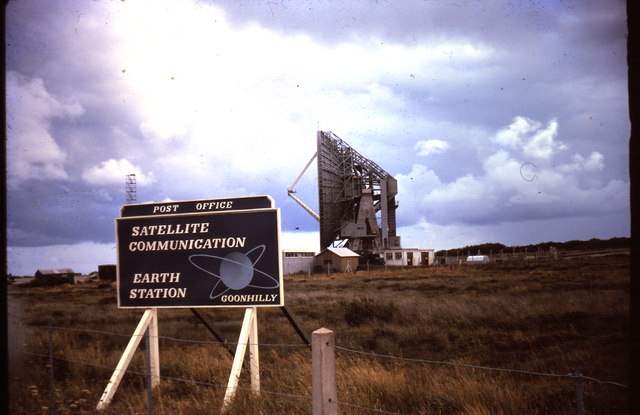The Ordnance Survey (OS) has launched a platform giving access to its geospatial data.
The OS Data Hub will give users free access to OS MasterMap data up to a point, with up to £1,000 per month of free access other datasets, through a series of new Application Programming Interfaces (APIs), alongside unlimited free access to OS OpenData products.
The national mapping agency said this will make it easier to work with the data, get on demand updated and enable enhanced data visualisations, insights and analytics.
The announcement is the first output from the Public Sector Geospatial Agreement, which launched in April, and follows a trial with over 700 users.
The free APIs available through the hub include: OS Maps API for integration of OS mapping into apps and websites; OS Vector Tile API for the creation of customisable vector maps; OS Features API for direct access to OS MasterMap for data analysis; OS Downloads API to download OS OpenData products; OS Names API, a location look-up service including place names, postcodes, roads and other features; and OS Linked Identifiers API for access to relationships between properties, streets and OS MasterMap features.
The public sector will not have access to the APIs in the OS Data Hub until January 2021, but can access OS Places API, a look-up service for searching and matching address information based on AddressBase Premium.
OS has also announced other developments, including a reduction in royalties by up to 80 per cent for the offline use of data.
OS chief executive officer Steve Blair commented: "These new services, datasets and changes to licensing are only the beginning - we have an ambitious plan, working in collaboration with the Geospatial Commission and expert user groups, to bring improvements and new developments that will show customers how to see a better place and deliver positive impact."
Latest News
-
ICO predicts shopping 'AI-gents' could arrive in next 5 years
-
Stripe teams up with Crypto.com to boost payment solutions
-
Over half of UK CFOs more optimistic about AI’s potential, finds Deloitte
-
Universal Music Group partners with Nvidia to create antidote for 'AI slop’
-
East of England Co-op finalises test of digital shelf edge communication platform
-
Barclays makes strategic investment in Ubyx
The future-ready CFO: Driving strategic growth and innovation
This National Technology News webinar sponsored by Sage will explore how CFOs can leverage their unique blend of financial acumen, technological savvy, and strategic mindset to foster cross-functional collaboration and shape overall company direction. Attendees will gain insights into breaking down operational silos, aligning goals across departments like IT, operations, HR, and marketing, and utilising technology to enable real-time data sharing and visibility.
The corporate roadmap to payment excellence: Keeping pace with emerging trends to maximise growth opportunities
In today's rapidly evolving finance and accounting landscape, one of the biggest challenges organisations face is attracting and retaining top talent. As automation and AI revolutionise the profession, finance teams require new skillsets centred on analysis, collaboration, and strategic thinking to drive sustainable competitive advantage.
© 2019 Perspective Publishing Privacy & Cookies








Recent Stories